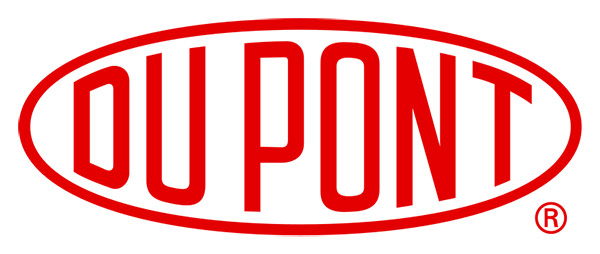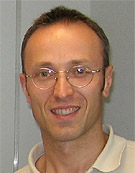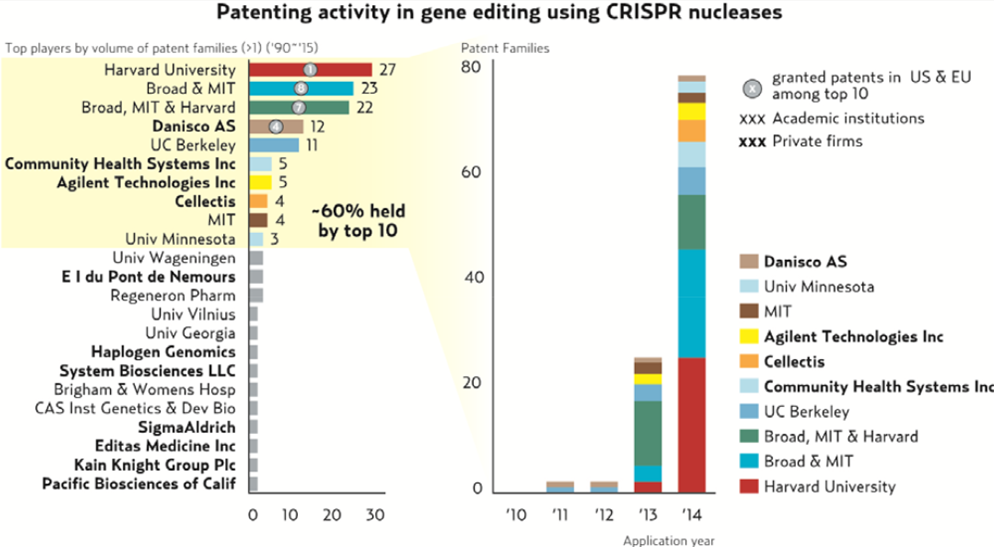So, we all know the CRISPR Success story with Emmanuelle Charpentier & Jennifer Doudna, who have received multiple awards and constant celebration of their pioneering work in 2012. However, what about the guy who really first described the CRISPR-Cas9 mechanism all the way back in 2007? Finally, he gets some recognition too.
 Senior DuPont scientist Philippe Horvath is currently based in Dangé-Saint-Romain (France). Now his work published on the CRISPR-Cas9 system in Prokaryotes back in 2007 (summary by The Scientist here) has finally been more appropriately recognized for its value in the Gene-Editing tech-o-sphere.
Senior DuPont scientist Philippe Horvath is currently based in Dangé-Saint-Romain (France). Now his work published on the CRISPR-Cas9 system in Prokaryotes back in 2007 (summary by The Scientist here) has finally been more appropriately recognized for its value in the Gene-Editing tech-o-sphere.

Being awarded the Massry Prize 2015 of $40,000 (made even more slight due to joint-position with Charpentier & Doudna) has therefore had more value in bringing his work further into the spotlight. The award was presented to the winners on Friday (Oct 31st) in Los Angeles (US).
The CRISPR discovery is complicated and confusing, and perhaps we will never fully appreciate who did what and when to the appropriate degree.
It seems Charpentier & Doudna at UC Berkeley and the Max Planck Institute (Germany) get all the glory for their paper in 2012 on CRISPR gene editing techniques in Bacteria (which was the first to be published, if not submitted…).
This was shortly followed in 2013 by Feng Zhang & George Church’s team at MIT – the first to adapt the Berkely sRNA design for use in Mammalian cells…but hey, what about the others teams who slaved away in the CRISPR race?

We are not the only ones asking these questions, with the Massry Foundation being insistent Horvath should also be included in the buzz (cue a polite applause from Labiotech). You can read an interview by Science Watch with Horvath from early 2008 on his work here.
Horvath’s employer DuPont is the chemical giant originally from France (now based in the States) which bought Danish food giant Danisco in 2011 for €5.72Bn. As a result, DuPont now has biotechnology a research focus as well, to include fields such as probiotics and genetically modifying plants for food.
In fact, as published in the Boston Consulting Group review we summarized, DuPont’s portfolio is one of the companies with the largest number of CRISPR patents (around 60!), which is mostly due to Hovarth’s work and their intense interest in GMO crops.

DuPont will now collaborate with other CRISPR patent holders including US Caribou Biosciences for a wide range of research areas (including agriculture), and Vilnius University in Lithuania (another one of the many pioneers who raced to publish on CRISPR). Perhaps by joining forces they will amass a greater opposition in the CRISPR patent war…
CRISPR is considered the Biotech discovery of the century, and it’s a shame that some of the key researchers in its conception are still under-recognised… Perhaps the real problem is that the media is too conditioned into thinking there has to be a single ‘winner’ in innovation, and in reality it is nearly always a mass collaborative effort.





